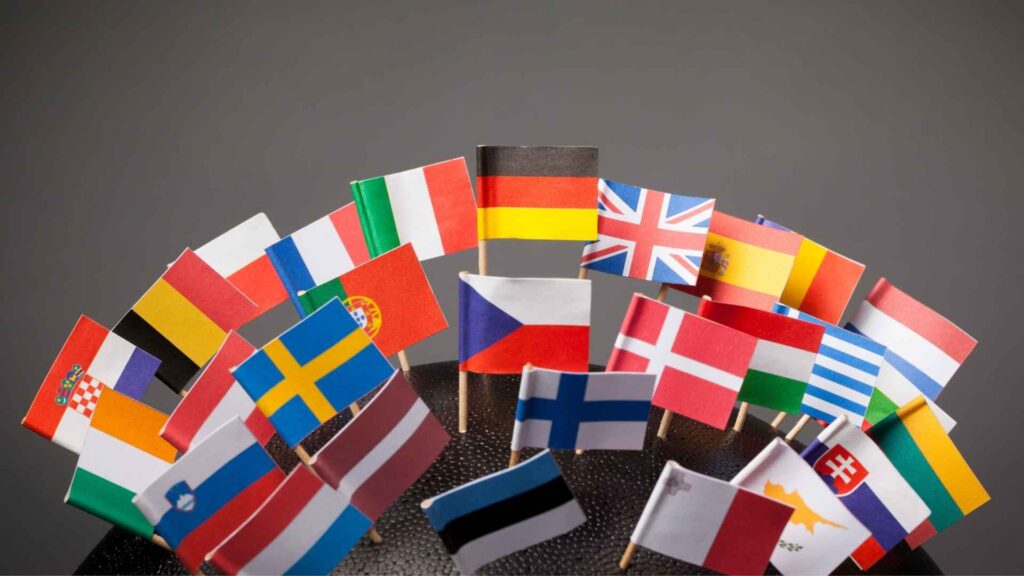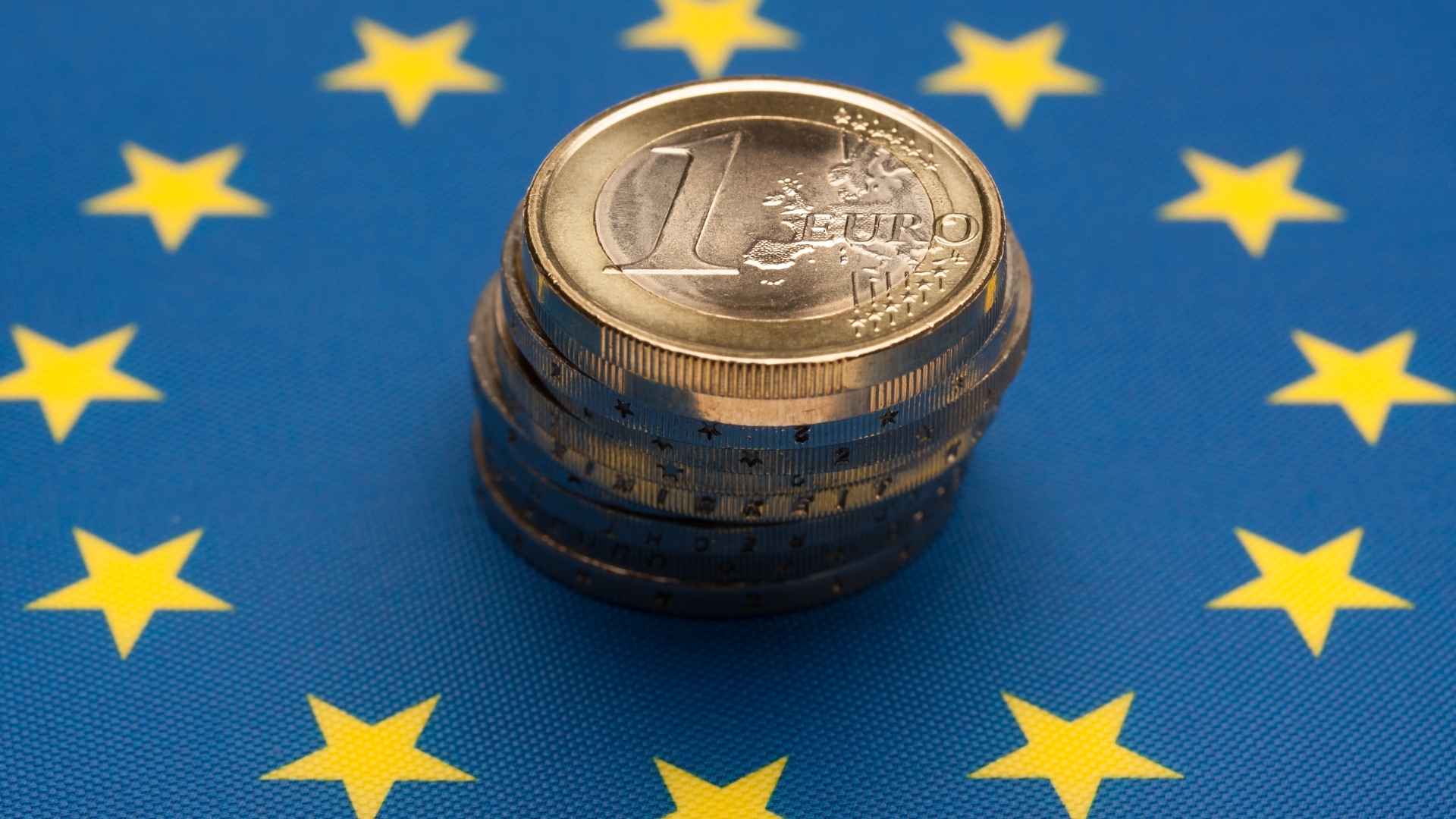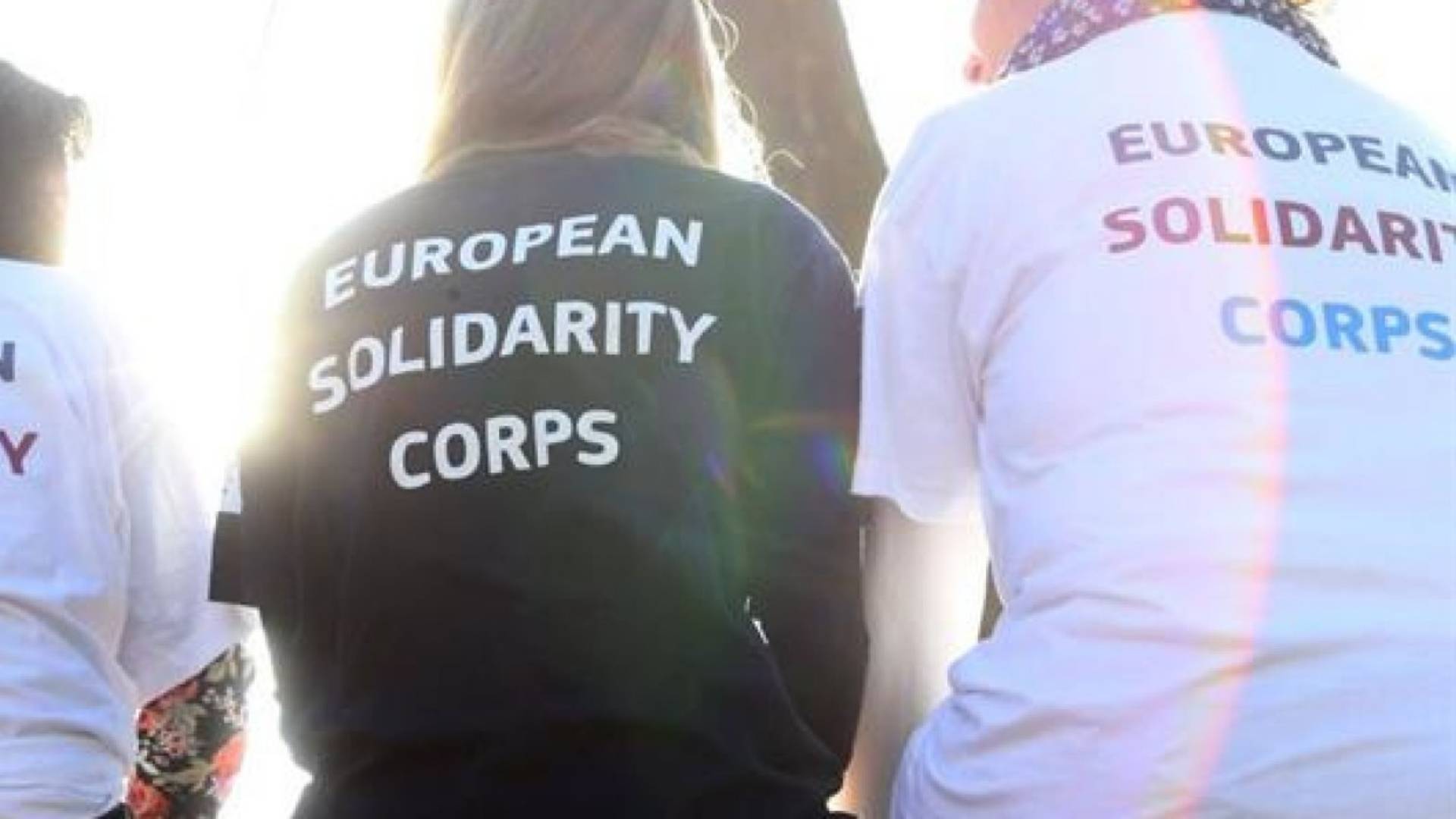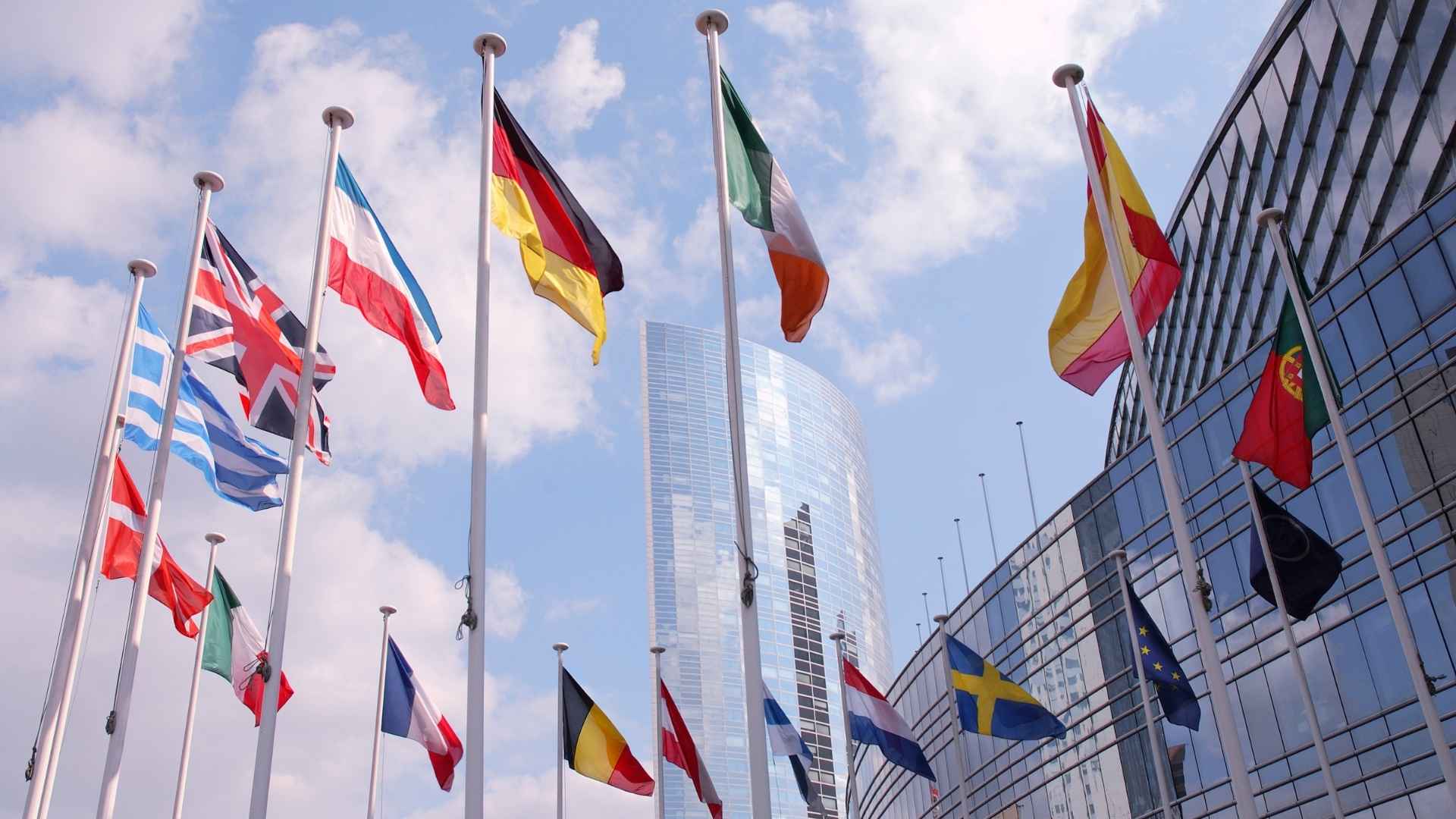Multilingualism as the Foundation of European Democracy
When we think about the European Union, we often focus on its economic, political, or institutional aspects, while the linguistic dimension tends to fade into the background.
Yet multilingualism is the very expression of the Union’s cultural, historical, and linguistic diversity. Diversity, in itself, is a source of wealth that the EU has always recognized and valued. Remember the European motto? “United in diversity”
Languages are the key tool through which we relate to one another. In the European institutional framework, they form the foundation not only of how the legislative machinery works, but also of the EU’s democratic system itself. But in what sense?
Politicians and citizens on equal footing
Multilingualism is deeply rooted in the EU Treaties and ensures that European institutions remain accessible and transparent. In the European Parliament for instance, every EU citizen has the right to stand for election and represent their fellow citizens. Because of linguistic diversity, Members of the European Parliament have the right to speak and write in their own language, and to follow parliamentary debates thanks to extensive interpreting and translation services.
Likewise, European citizens must have fair access to EU documents and be able to fully understand them. Every citizen has the right to read European laws in their own language, and to write to EU institutions (for example, by submitting a petition) and receive a reply in the same language. This mechanism, something we often take for granted, is in fact a remarkable act of linguistic democracy: it puts all citizens on an equal footing and guarantees equal conditions for dialogue.

How were the official languages chosen?
The recognition of multilingualism in European institutions dates back to the 1950s. In 1958, Regulation No. 1 established the first four official languages of the European Economic Community: French, Italian, Dutch, and German. With each enlargement, every new Member State brought its own language, recognized with equal status.
The evolution has been as follows:
- 1973: Danish, English
- 1981: Greek
- 1986: Portuguese, Spanish
- 1995: Finnish, Swedish
- 2004: Czech, Estonian, Latvian, Lithuanian, Maltese, Polish, Slovak, Slovenian, Hungarian
- 2007: Bulgarian, Irish, Romanian
- 2013: Croatian
Today, the European Union counts 24 official languages. Since each language can be translated into the other 23, there are 552 possible language combinations! Behind the scenes of the EU institutions lies an immense amount of work: every directive, regulation, or recommendation must be translated into all official languages, every debate must be interpreted, and every written or spoken communication must be accessible to everyone.
What about minority languages?
Despite this impressive exercise in linguistic democracy, the inclusion of minority languages among the EU’s official languages has been debated for years. Today, there are around 60 regional or minority languages within the Union, but none enjoy official status. Regulation No. 1 requires the translation of every legal act, including the daily publication of the Official Journal, and real-time interpretation during debates in the Council and the European Parliament.
In September 2023, Spain proposed amending this regulation to recognize Catalan, Galician, and Basque as official EU languages, spoken by approximately 10 million, 700,000, and 3 million people respectively. The proposal, however, met with reservations from several Member States, as its approval could have set a precedent for similar requests from other linguistic communities.
What do you think?
At the same time, there are practical and financial challenges to consider: translation and interpreting work requires time, resources, and funding. According to a European Commission estimate based on the experience of Irish Gaelic, the additional cost of introducing Catalan, Galician, and Basque as official EU languages could amount to around €132 million per year.
As of today, the proposed amendment has not been approved, but the debate remains open, raising crucial questions about the future of European multilingualism. How can we balance linguistic inclusion with institutional sustainability? Should minority languages also be recognized as official EU languages? Would you be willing to learn or use them in your future career as a language mediator? What challenges and opportunities could they bring for building an even more inclusive Europe?






